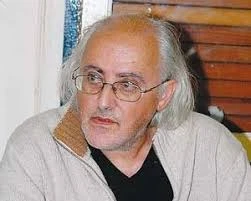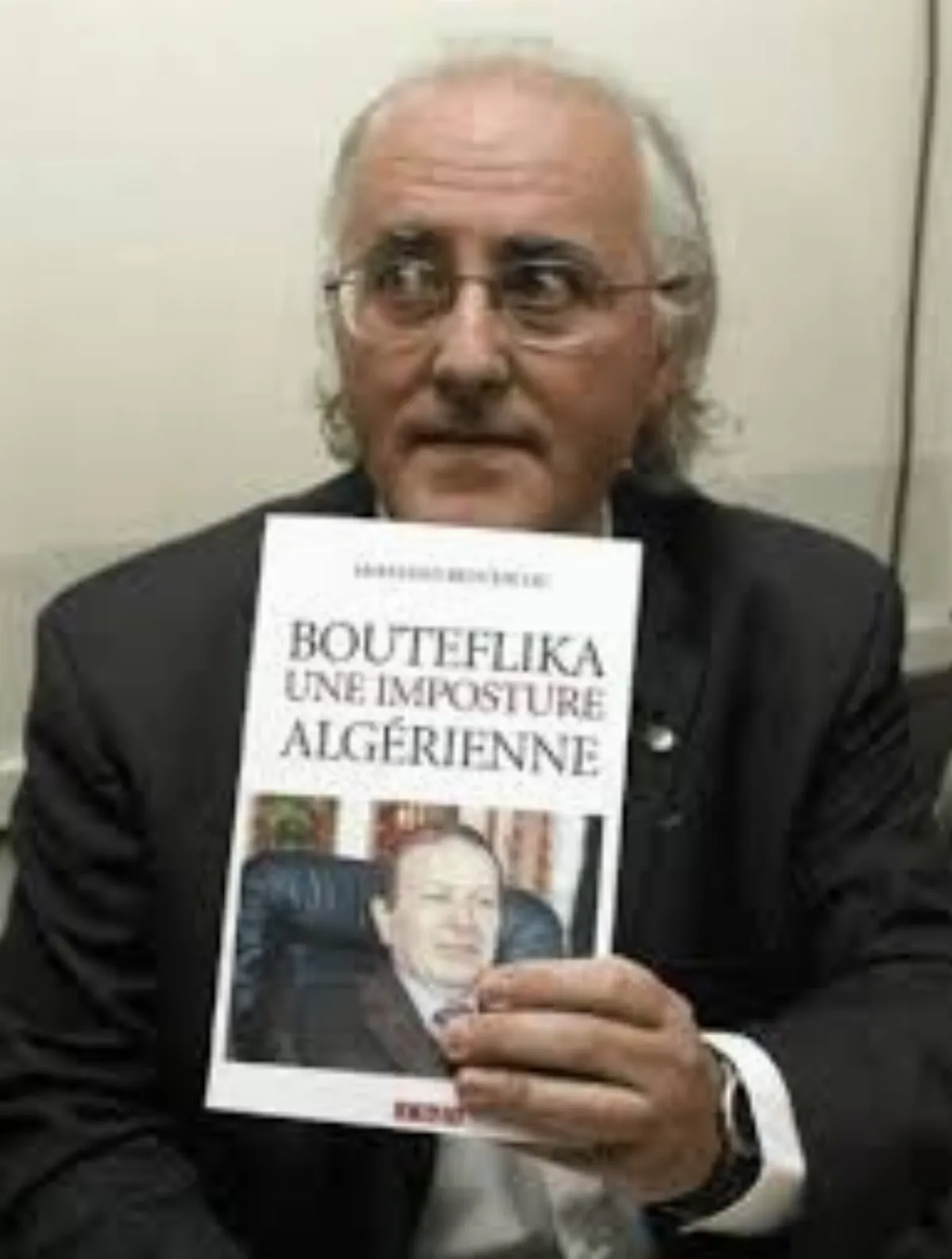Mohamed Benchicou, a renowned Algerian journalist, risked imprisonment for the truth's sake. Discover his story of courage and his lasting impact on Algerian society

Born in 1952, Benchicou Mohamed’s life has been a testament to fighting for truth through the power of the press, from his early days as a reporter to his role as the head of the influential newspaper Le Matin.
Benchicou's relentless pursuit of accountability for the Algerian government landed him in prison and forced him into exile. Yet, his pen remained his weapon, producing a sharp critique of the regime through books that exposed corruption and injustice.
Summary
- Mohamed Benchicou fought for press freedom throughout his career.
- He founded the critical newspaper Le Matin; a vital platform for independent journalism.
- Benchicou's pursuit of truth landed him in prison, but he never failed in his commitment to exposing corruption and human rights abuses.
- Despite facing personal challenges, Benchicou's legacy as a courageous journalist and a powerful voice for change in Algeria endures.
Early Life and Career of Mohamed Benchicou
Mohamed Boualem Benchicou was born in 1952. In 1989, he was one of the founders of the movement of Algerian journalists (MJA), a movement born during the opening of the media field.
He then led the team that relaunched Alger Républicain, which was banned from publication in 1965. Benchicou left Alger Républicain in 1991 with Saïd Mekbel and Fodil Mezali and founded the daily newspaper Le Matin of opposition.
Mohamed Benchicou Journalistic and Activism Journey
Through his publications, particularly the founding of the critical opposition newspaper Le Matin, Benchicou emerged as a powerful voice against political repression. Launched in 1994, Le Matin quickly established itself as a crucial platform for independent journalism in Algeria.
The newspaper's significance stemmed from its commitment to truth and willingness to challenge the status quo. It shed light on human rights abuses, corruption, and the ongoing civil war. Le Matin became a vital source of uncensored information for a nation yearning for transparency.
Benchicou's activism extended beyond Le Matin. He also played a pivotal role in reviving another opposition paper, Alger républicain. This historic publication, originally founded in 1937, had been a powerful voice for Algerian independence. By reviving Alger républicain, Benchicou ensured that the legacy of critical journalism continued to inspire future generations.
Imprisonment and Advocacy of Mohamed Benchicou
Mohamed Benchicou, a champion for press freedom in Algeria, faced a harsh consequence for his critical voice. In 2004, Benchicou, the publisher of the French-language daily Le Matin, was sentenced to two years in prison. This imprisonment was widely seen as retaliation for Le Matin's critical stance towards the Algerian government.
The event that likely triggered the crackdown was Le Matin's publication of accusations against the Interior Minister, Yazid Zerhouni. The accusations alleged Zerhouni's involvement in torture during his time as a military security commander in the 1970s. Further inflaming tensions, Benchicou himself published a book titled "Bouteflika, An Algerian Fraud" in February 2004, directly criticizing the President.
However, Benchicou's voice wouldn't be silenced. Even behind bars, his commitment to free speech remained unwavering. In recognition of his courage, Benchicou was awarded the prestigious Committee to Protect Journalists (CPJ) International Press Freedom Award in 2005. This award highlighted the importance of his fight and brought further international attention to the plight of journalists facing persecution in Algeria.
Benchicou's case became a rallying cry for press freedom advocates around the world. His imprisonment serves as a stark reminder of the challenges faced by journalists who dare to challenge the status quo. Yet, his unwavering spirit and the recognition he received inspire others to continue the fight for a free and independent press.
Mohamed Benchicou ‘s writings

Mohamed Benchicou is a prominent Algerian author whose writing career has tackled many subjects. Benchicou's work is known for its sharp wit and unflinching analysis, from historical investigations to social commentary.
One of his most notable works is "Bouteflika: Une imposture algérienne" (Bouteflika: An Algerian Imposture). This book delves into the life and legacy of Abdelaziz Bouteflika, the former president of Algeria. "Bouteflika: Une imposture algérienne" has garnered significant attention for its critical examination of Bouteflika's rule.
Benchicou's bibliography extends far beyond this single title. He has authored numerous other books, including "Le mystère Bouteflika: Radioscopie d'un chef d'Etat" (The Mystery Bouteflika: X-ray of a Head of State) and "Journal d'un homme libre" (Diary of a Free Man).
Through his prolific writing, Mohamed Benchicou has established himself as a powerful voice in Algerian society. His dedication to exploring complex issues and challenging conventional narratives continues to resonate with readers both within and beyond Algeria.
Later Life and Legacy of Mohamed Benchicou
Mohamed Benchicou's later life was marked by both personal challenges and continued dedication to Algerian affairs. The once-thriving newspaper, Le Matin, eventually faced closure. This setback undoubtedly impacted Benchicou, who had poured his heart and soul into the publication.
Mohamed also struggled with health issues during this period. To manage his health, he divided his time between Algeria and France. Despite these difficulties, his passion for Algerian politics and social issues remained undimmed.
Despite Le Matin's closure, Mohamed Benchicou's legacy endures. He is remembered as a courageous journalist and a powerful voice for change in Algeria. His writings continue to be a valuable resource for understanding Algerian history and politics.
Conclusion
Mohamed Benchicou's life and work have left an undeniable mark on Algerian journalism and activism. Benchicou became a powerful symbol of the fight for a free and independent press in Algeria.
In his own words, Benchicou once said, "We don't do journalism to please our readers. We do it to inform them, to shake them up." This dedication to truth, regardless of popularity, stands as a testament to his stand for journalistic ethics.
Benchicou's relentless pursuit of freedom of speech came at a heavy cost. He faced imprisonment, harassment, and constant threats. Yet, he never wavered in his belief in the power of a free press to hold those in power accountable.

